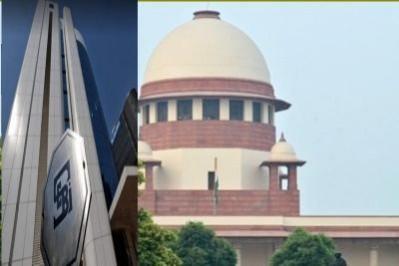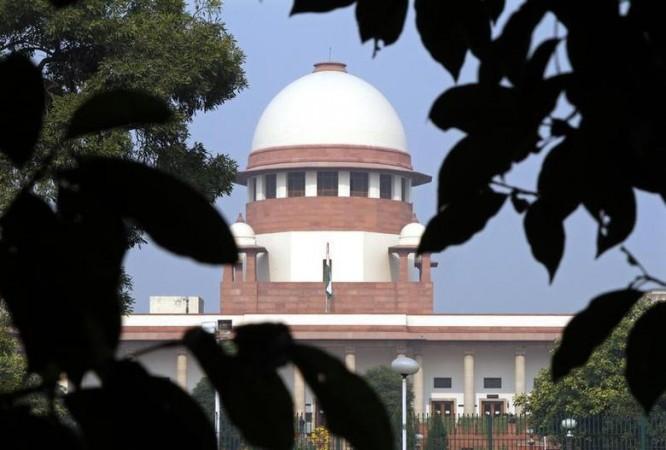The Supreme Court on Wednesday said that trusts or institutions can claim benefits of tax exemptions, only if they are "solely" engaged in education and not in any profit activity, while delivering a milestone judgement pertaining to trusts.
A bench, headed by Chief Justice U.U. Lalit and comprising Justices S. Ravindra Bhat and P.S. Narasimha, said all objects of the society and trust must relate to imparting education or be in relation to educational activities.
In two separate verdicts, the SC ruled that educational institutions seeking Income Tax rebates under Section 10 (23C) must only be imparting education and not making a profit.

In a similar but separate verdict, the Apex Court maintained that private trusts, organizations or associations set up for charity cannot claim Income Tax exemption if their charges for providing services are significantly above the cost incurred.
Further, the Supreme Court laid down a comprehensive test to decide their eligibility to claim Income Tax benefits.
"Our Constitution reflects a value which equates education with charity. That it is to be treated as neither business, trade, nor commerce, has been declared by the pronouncement of this very court," stated the apex court."
Profit-oriented objective
Justice Bhat, who authored the judgment on behalf of the bench, said: "Where the objective of the institution appears to be profit-oriented, such institutions would not be entitled to approval under Section 10(23C) of the IT Act. At the same time, where surplus accrues in a given year or set of years per se, it is not a bar, provided such surplus is generated in the course of providing education or educational activities."
The top court delivered the judgment on a batch of cases filed by New Noble Educational Society and others against the orders of the Chief Commissioner of Income Tax, where the IT Department's team of Income Tax Exemptions officers across the country under then Principal CCIT (Exemptions) Rashmi Saxena Sahni held that IT exemption claims do not apply for profit-oriented educational trusts.
Incidental profits
The bench said the seventh proviso to Section 10(23C), as well as Section 11(4A) refer to profits which may be "incidentally" generated or earned by the charitable institution. In the present case, the same is applicable only to those institutions which impart education or are engaged in activities connected to education, it added.

Justice Bhat said: "The reference to 'business' and 'profits' in the seventh proviso to Section 10(23C) and Section 11(4A) merely means that the profits of business which is 'incidental' to educational activity - as explained in the earlier part of the judgment i.e., relating to education such as sale of textbooks, providing school bus facilities, hostel facilities, etc."
State laws
The Supreme Court bench said the reasoning and conclusions in American Hotel judgment and Queen's Education Society judgment so far as they pertain to the interpretation of expression "solely" are hereby disapproved. The observations made in American Hotel suggested that the Commissioner could not call for the records and that the examination of such accounts would be at the stage of assessment, it noted.
"It is held that wherever registration of trust or charities is obligatory under state or local laws, the concerned trust, society, other institution etc. seeking approval under Section 10(23C) should also comply with provisions of such state laws. This would enable the Commissioner or concerned authority to ascertain the genuineness of the trust, society etc. This reasoning is reinforced by the recent insertion of another proviso of Section 10(23C) with effect from 01.04.2021," it said.
(With inputs from IANS)









!['Had denied Housefull franchise as they wanted me to wear a bikini': Tia Bajpai on turning down bold scripts [Exclusive]](https://data1.ibtimes.co.in/en/full/806605/had-denied-housefull-franchise-they-wanted-me-wear-bikini-tia-bajpai-turning-down-bold.png?w=220&h=138)



